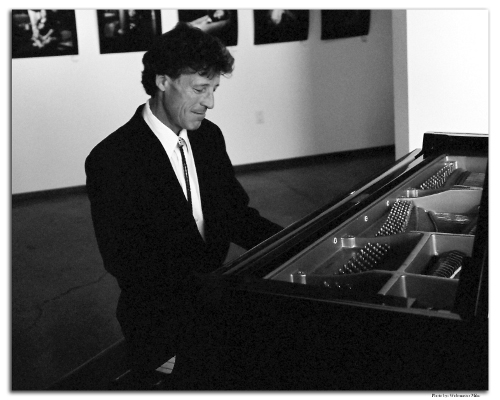It’s time to put our heads together to envision “the perfect 10″.
This is a time of great innovation and change in the Linux world, with major new initiatives from powerful groups bringing lots of new ideas, new energy and new code. Thanks to the combined efforts of Google, Intel, IBM, Canonical, Red Hat, Oracle, Cisco, ARM, many other companies, Debian and other projects, a hundred startups and tens of thousands of professional and inspired contributors, the open source ecosystem continues to accelerate. We need to bring the best of all of that work into focus and into the archive. For millions of users, Ubuntu represents what Free Software can do out of the box for them. We owe it to everybody who works on Free Software to make that a great experience.
At the Ubuntu Developer Summit, in May in Belgium, we’ll have a new design track, and a “cloud and server” track, reflecting some major focal points in 2010. They will complement our ongoing work on community, desktop, kernel, quality assurance, foundations and mobile.
Our new theme is “Light”, and the next cycle will embrace that at many levels. We have a continued interest in netbooks, and we’ll revamp the Ubuntu Netbook Edition user interface. As computers become lighter they become more mobile, and we’ll work to keep people connected, all day, everywhere. We’ll embrace the web, aiming for the lightest, fastest web experience on any platform. The fastest boot, the fastest network connect, the fastest browser. Our goal is to ensure that UNE is far and away the best desktop OS for a netbook, both for consumers and power users.
On the other end of the spectrum, we’ll be lightening the burden of enterprise deployment with our emphasis on hybrid cloud computing. Ubuntu Server is already very popular on public clouds like EC2 and Rackspace, and now that Dell supports the Ubuntu Enterprise Cloud for private cloud infrastructure, it’s possible to build workloads that run equally well in your data center or on the cloud. We’ll focus on making it even easier to build those workloads and keep them up to date, and managing the configurations of tens, or tens of thousands, of Ubuntu machines running in the cloud.
It’s not all about work. We don’t just want to be connected to the internet, we want to be connected to each other. Social from the Start is our initiative to make the desktop a collaborative, social place. For the past five years, we’ve all been shifting more and more data into the web, to a series of accounts and networks elsewhere. Now it’s time to start to bring those social networks back into our everyday computing environment. Our addressbooks and contact lists need to be synchronized and shared, so that we have the latest information everywhere – from mobile phones to web accounts.
So there’s a lot to do. I hope you’ll join us in shaping that work.
Introducing the Maverick Meerkat
Our mascot for 10.10 is the Maverick Meerkat.
This is a time of change, and we’re not afraid to surprise people with a bold move if the opportunity for dramatic improvement presents itself. We want to put Ubuntu and free software on every single consumer PC that ships from a major manufacturer, the ultimate maverick move. We will deliver on time, but we have huge scope for innovation in what we deliver this cycle. Once we have released the LTS we have plenty of room to shake things up a little. Let’s hear the best ideas, gather the best talent, and be a little radical in how we approach the next two year major cycle.
Meerkats are, of course, light, fast and social – everything we want in a Perfect 10. We’re booting really fast these days, but the final push remains. Changes in the toolchain may make us even faster for every application. We’re Social from the Start, but we could get even more tightly connected, and we could bring social features into even more applications. Meerkats are family-oriented, and we aspire to having Ubuntu being the safe and efficient solution for all the family netbooks. They are also clever – meerkats teach one another new skills. And that’s what makes this such a great community.
Here’s looking at the Lynx
Lucid is shaping up beautifully, but there’s still a lot to be done to make it the LTS we all want. Thanks to everyone who is bringing their time, energy and expertise to bear on making it outstanding. And I’m looking forward to the release parties, the brainstorming at UDS, and further steps on our mission to bring free software to the world, on free terms.
[Discuss Maverick Meerkat on the Forum]
Originally posted by Mark Shuttleworth here on Friday, April 2nd, 2010 at 9:00 am


